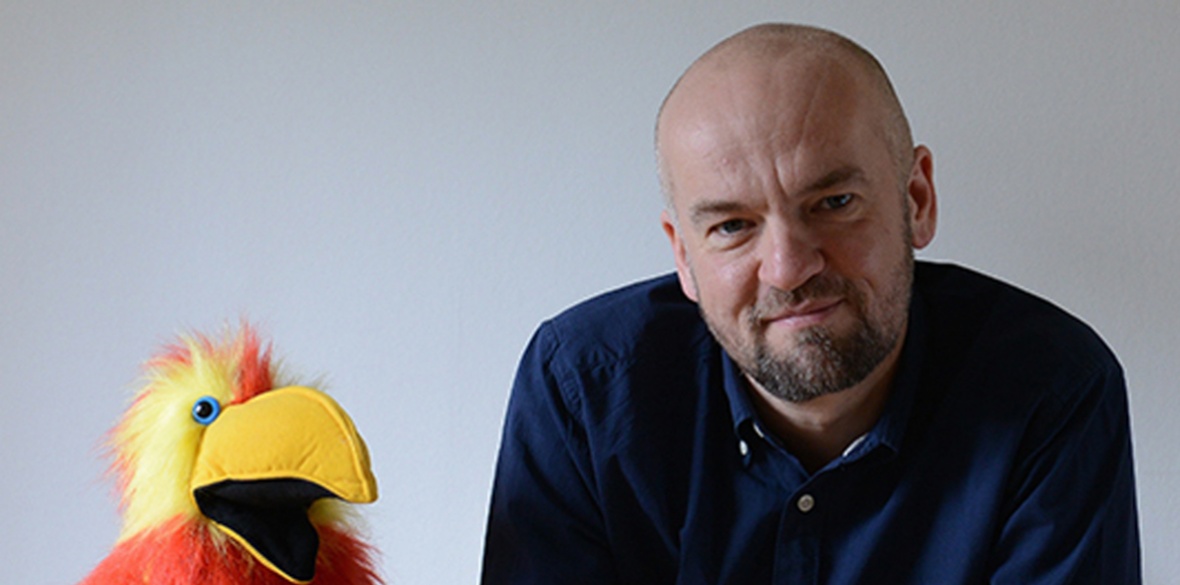This is the last article you can read this month
You can read more article this month
You can read more articles this month
Sorry your limit is up for this month
Reset on:
Please help support the Morning Star by subscribing here
OF ALL British jazz pianists, Liam Noble is perhaps the most versatile. I’ve heard him play brilliantly reinvented solo versions of Wouldn’t It be Loverly? and Body and Soul and soon after performing in free-wheeling gigs with some of the most avant-garde improvisers.
Lambeth-born, he started piano lessons at seven and after “hacking” through Beethoven “and thereby ruining some of my favourite music,” he discovered Scott Joplin, Jelly Roll Morton, Earl Hines and Duke Ellington, who opened up the world of jazz to him.
As a young pianist, he was helped by two British masters, saxophonist Stan Sulzmann and pianist John Taylor. The former was very encouraging and “kicked my arse a bit,” while he moved away from the latter’s style “because it was so perfect and fully formed.”
Even so, the piano giant clarified what he wanted, and needed, to do himself. “Like Stan, his playing was full of feeling but full of history too,” he tells me.
Hearing Monk, Miles Davis or Wayne Shorter for the first time reinforced the idea of emotional colour that steers away from sheer virtuosity as the source of excitement and finds tension in the spaces, as Stan Tracey did. “His piano playing showed me that the Ellington/Monk tradition was still ongoing.”
All the tunes on his newest album The Long Game are Noble’s own work, with the virtuoso support of bassist Tom Herbert and drummer Seb Rochford.
“They have a unique way, both separately and together, of responding to spaces in the sound,” he explains.
“And I wanted the room to explore those new sounds I’ve been working on for 20 years or so, mostly not in public,” he says.
Even so, exploring in microcosm how a solo unfolds has been a “long game” and such interaction with other people’s music “keeps me happy.”
Tunes like Between You and Me or Unmemoried Man are intimate gambits in musical conversation, crafted with sound processing and various keyboards, while the haunting and menacing electronics of Head of Marketing discomforts with its take on the pained realities of commercialism.
Even opener Rain on my Birthday has a solitary tone, as if — almost in defiance of his fellow musicians — Noble is wrestling with the modernity of his blues with a brilliantly disturbing and lonesome artistry.
While Noble is convinced that the internationalism of jazz is its real strength, “the root of understanding the aggression in the world is down to fear, of losing something — money, identity, culture — all stuff that by its nature moves around.
“You can’t hold it and you can’t hold music either. It’s a fleeting experience,” he stresses.
Yet there’s nothing ephemeral in Noble’s creativity, potent and provocative, on records and in performance.
The Long Game is another powerfully conceived and performed new direction for the musician and it’s well worth a listen as, indeed, is this multi-faceted performer playing live, should you get the chance.
The Long Game is released on Edition Records.












